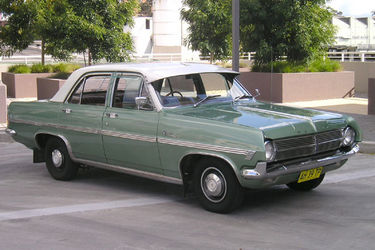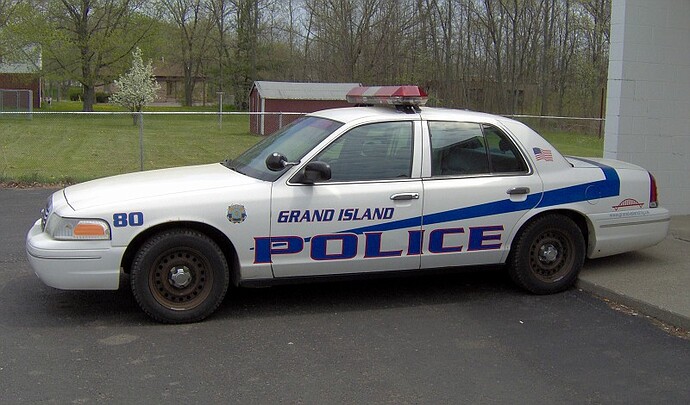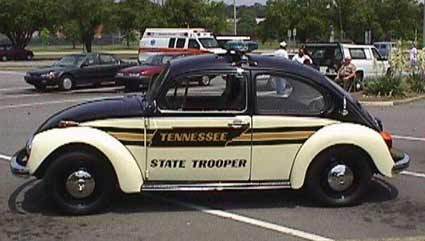As regards the Russo-Japanese War, there was I think an interesting contrast between the combattants. Russia had begun the process of “modernising” back in the days of Tsar Peter the Great in the late 17th century. Prior to that, it had been a rather retarded medieval backwater, of limited significance in European affairs. The reforms of Peter and his successors achieved a great deal of success - albeit on a fairly narrow front. The most obvious progress was in producing a modern army, which did indeed help project the country into an increasingly prominent position in the course of the 18th century, arguably culminating in the major role played by the Russia in the destruction of Napoleon. Much of the progress in military matters was based on the influence and/or direct participation of non-Russian experts (even when, as was often the case, their advice went unappreciated by the native Russian aristocracy. Outside the military, and certain areas of the arts and crafts, Russia remained an incredibly backward social construction. The problem was that when the next great drive for economic development - the industrial revolution - came along, there was no Peter the Great to drive it as, in this Autocracy, would have been necessary for really rapid progress. The progressive Tsar, Nicholas I, was assasinated before he could really get into his stride; his successor, Alexander III, was a repressive martinet almost worthy of Stalin, who was more concerned with securing the power of the Dynasty than with economic matters. A repressive police state, suspicious of education and of “rising” administrative and economic classes (which tended to be repressed or, more commonly, co-opted as a sort of minor branch of the nobility, in the pre-Revolutionalry French style) did not provide a very healthy environment for development and investment. Not that there was no development and investment - it is just that it was distinctly sub-optimal, and largely confined to European Russia and the Ukraine. The wilds of Siberia and, to some extent, of the Caucasus, were still explorer territory for much of this period - a bit like the US Wild West.
Prior to the arrival of Commodore Perry, Japan had been in self-imposed isolation for some two and a half centuries. In fact, in some respects, the country was actually more backward than it had been in 1610. For example, the military capacity of the country had been more or less dismantled; the Tokugawa Shogunate gradually removed the gun from Japanese society altogether. In the late-18th century, Japanese production of firearms was effectively confined to decorative matchlock weapons used by the top nobility for hunting, and importation of firearms was forbidden. Perry’s rude intrusion into this society administered a huge shock. The inability of the Shogunate to deal with the intrusion destabilised the regime, leading to its effective overthrow by a clique of “progressives” who took possession of the God-Emperor and, over the next decade or so, pretty rapidly dismantled the remains of the Shogunal system. The next item on their agenda was to propel Japan into a storm of modernisation and industrialisation, a process encouraged, for their own reasons, by foreign powers such as the US and the United Kingdom. By the time of Tsushima, Japan was a very different place. The militristic tendendencies of the technocratic rulers had produced military arms that were far and away the most effective in east Asia, an extraordinary achievement considering the short time in which this had been achieved. Japanese manufacturing had advanced in leaps and bounds; the country now mass-produced significant quantities of merchandise ranging from battleships to machine-made jewellery and western-style clothing. The Japanese financial and administrative systems had also advanced markedly in a Western direction. All in all, something at least generally resembling a Japanese take on a modern early 20th century state had come into being.
The social effects, of course, were not always very coherent, not surprising, given the rapidity of the change.I have read, in translation, a certain amount of the literature of this period, and it indicates that Japanese society was hovering in a rather confused fashion between traditional and imported fashions and values which had yet to be absorbed on much more than a fairly superficial level. Perhaps this goes some way to explaining the lamentable events of the 1930s and 1940s in the region.
In any event, when their interests clashed with those of the Japanese in the form of the Russo-Japanese War, the Russians (although they probably did not recognise the fact), were faced with fighting a vigorous enemy in the course of a current-phase economic and military modernisation, on his own ground, at the far end of a logistical desert far from Russia’s all-too-limited industrial centres. Scarcely surprising that the inadequate Russian naval forces in the Far East were eliminated by Japan with relative ease. That really left the Russians with the option of sending their semi-obsolete Black Sea Fleet on an extraordinary journey eastwards if they wanted to maintain the war at all. In the East they lacked sufficient coaling stations. As a result, the Russian ships sailed against the superior Japanese vessels with their decks loaded with coal. Still, perhaps, not a foregone conclusion; but when Japanese Admiral Togo outmanoeuvred the Russians to bring them under lateral fire, the game was up for the Russians. Not a foregone conclusion - but it should not really have been as much of a surprise.
Of course, it is arguable that the false lessons learned by the Japanese, both about military technology and about the threat posed by Western opponents, helped set them up for the disaster of 1941-'45. At the time, there is very much a sense of a Power on the way down suffering defeat at the hands of one on an opposite trajectory. Best regards, JR.









